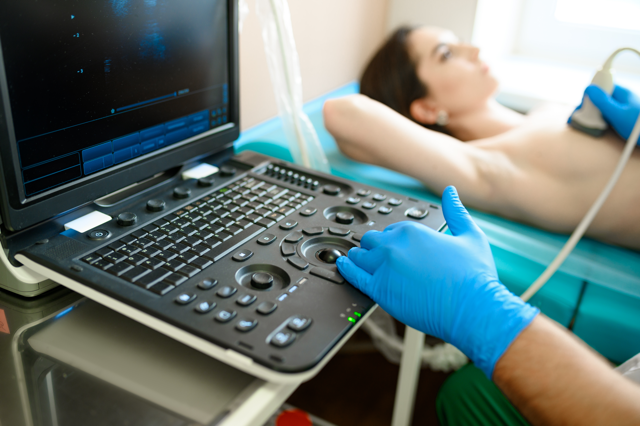
Genomic Biomarkers of Locally Advanced Breast Cancer (LABC) and Inflammatory Breast Cancer (IBC)
Unmet Need
Locally advanced breast cancer (LABC) and inflammatory breast cancer (IBC) are associated with high 5-year mortality rates (respectively 55% and 33%), especially when compared to early-stage breast cancers (~80%). LABC and IBC are treated with neoadjuvant therapy prior to physical tumor removal. This treatment is an invasive procedure with variable success. Patients respond variably to neoadjuvant treatment which can affect the overall success of treatment. Complications can occur based on whether the tumor is aggressive or indolent. The global market for breast cancer is expected to grow 5.5% by 2026, and approximately 10% of all breast cancer diagnoses are classified as LABC. There is a need for identification of biomarkers that can predict LABC and IBC treatment response.
Technology
Duke inventors have developed a method of predicting LABC and IBC treatment response. This is intended to be used by healthcare providers to inform treatment regimens and predict patient survival. Specifically, the invention consists of a biomarker kit containing a probe that identifies the desired genetic biomarker and quantifies the amount present in a biological sample (i.e., SULT1A1, SULT1A2, PARP6, MTA1, ARPC5L, HYOU1, AVEN, CHST11, TLN2, CHST3, PRKCA, COL4A4, and TNC). Biomarkers were identified by comparing tumor patterns and mRNA expression. Patients with biopsies prior to treatment were used to predict response to neoadjuvant therapy. One such biomarker identifies CF tumors which are predicted to respond favorably to treatment and are also implicated in more aggressive cancer progression. Using this method, healthcare providers can predict patient survival and cancer aggressiveness. This has been demonstrated through Kaplan-Meier and Cox hazard regression analysis on data gathered from a clinical trial.
Other Applications
This technology could also be used in additional cancers that utilize neoadjuvant therapy prior to tumor extraction. By applying the same functional imaging and gene expression pairing of the invention to identify therapeutic biomarkers, additional kits could be made with these novel biomarkers to inform treatment response and patient survival in these additional diseases.
Advantages
- Technology can predict response to treatment prior to therapy
- Using technology can inform cancer aggressiveness compared to current predictive methods
- Low-cost pretreatment procedure
- Specific test with minimal competitors